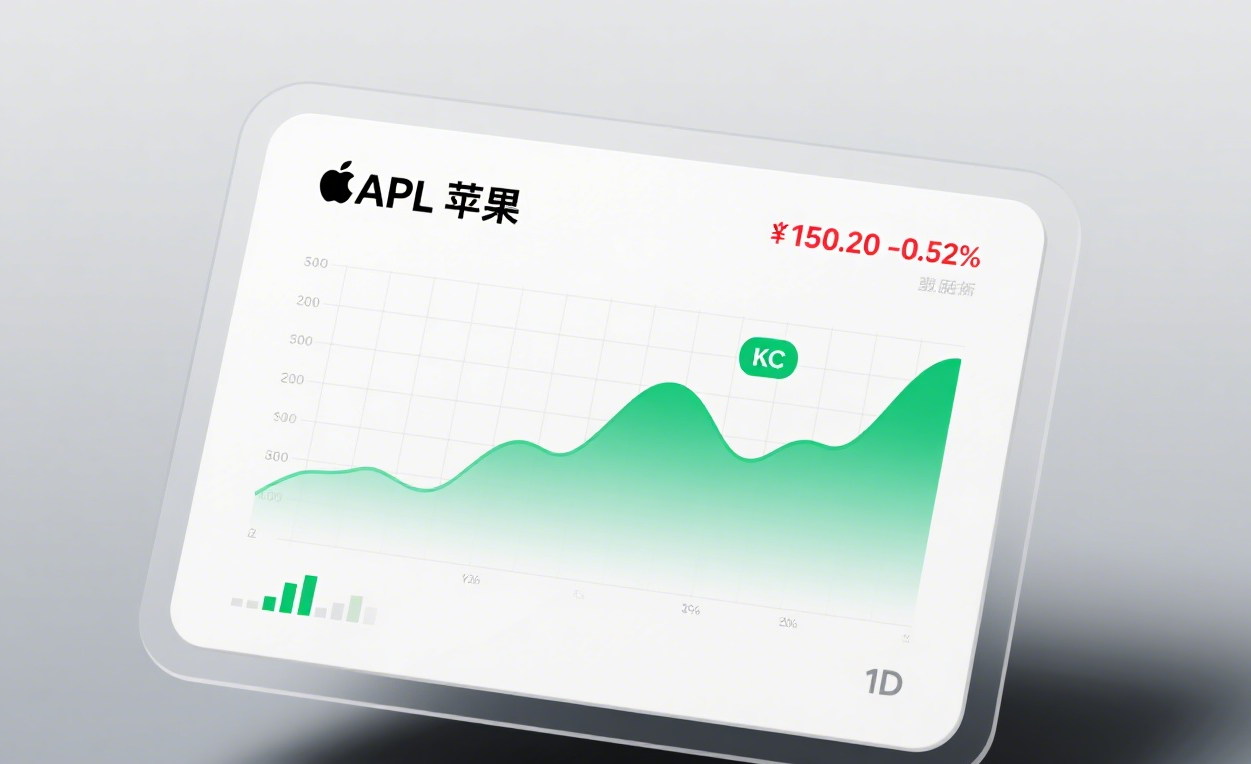
Why Is Trump Targeting Russian Oil?
The Wall Street Journal reported that India’s continued ties with Russia have also angered Washington. From the U.S. perspective, India’s purchases of Russian oil and weapons are propping up Russia’s economy. Additionally, Trump previously stated on social media: "Any country that aligns with the anti-American policies of the BRICS nations will face an additional 10% tariff, with no exceptions."
Currently, Trump, who promised to "end the Russia-Ukraine war in 24 hours," has struggled to make progress on Ukraine. He believes Putin is unwilling to end the war and has instead turned to pressuring him, threatening to impose tariffs on countries doing business with Russia.
"U.S.-Russia trade is now at a very low level, and the U.S. has no means to control Russia’s economy," Qian Feng, a scholar at Tsinghua University, told The Paper. From Washington’s perspective, India-Russia trade is a key leverage point to influence Russia. "However, India’s longstanding foreign policy priority has been balancing diplomacy, attempting to 'have it both ways' to maximize its own interests."
Several U.S. media outlets recently cited Indian officials as saying that despite Trump’s criticism and threats, the Indian government will not make any changes to its Russian oil import policy.
Since the full-scale outbreak of the Russia-Ukraine conflict, Russia has become India’s largest oil supplier, with exports increasing from less than 100,000 barrels per day (2.5% share) pre-conflict to over 1.8 million barrels per day (39% share) in 2023. According to IEA data, 70% of Russia’s crude exports in 2024 went to India.
India’s Asian News International (ANI) quoted sources saying that Indian refineries operate fully in compliance with international norms and that Russian oil has never been directly sanctioned by the U.S. or EU. The sources noted that if India had not "absorbed discounted Russian crude while OPEC+ cut production by 5.8 million barrels per day, global oil prices could have far exceeded the March 2022 peak of $137 per barrel, worsening global inflationary pressures." India emphasized that as a major energy importer, it must seek the cheapest supply channels to shield its people from rising costs.
On the 4th, CNBC cited an analysis by Vishnu Varathan, Managing Director at Mizuho Bank, stating that India would next assess the cost of using "Russian trade" as a bargaining chip and might maintain an ambiguous stance on oil purchases.
Varathan believes India also needs to find alternatives in the global market comparable to Russian oil prices, including Iran—though this would require a U.S. sanctions waiver—and oil-producing nations like OPEC+.
















